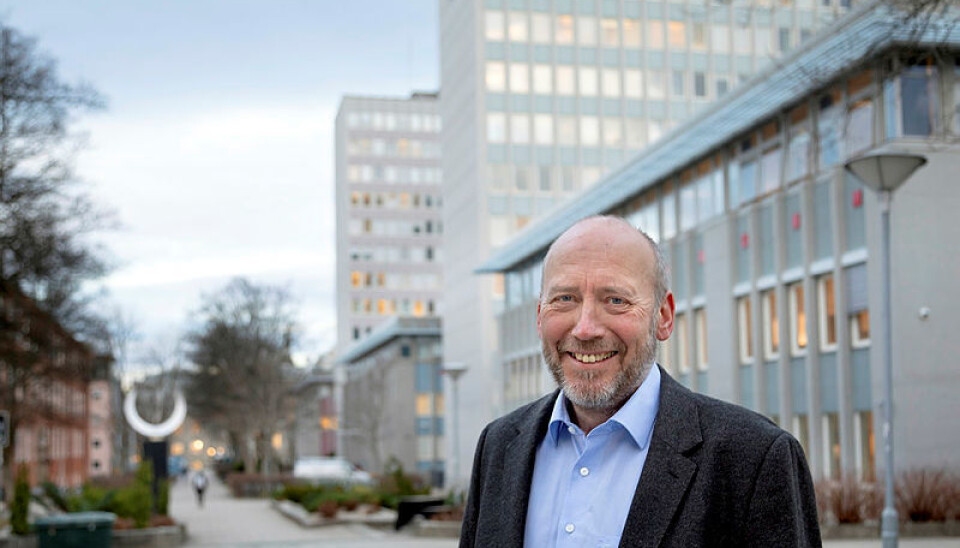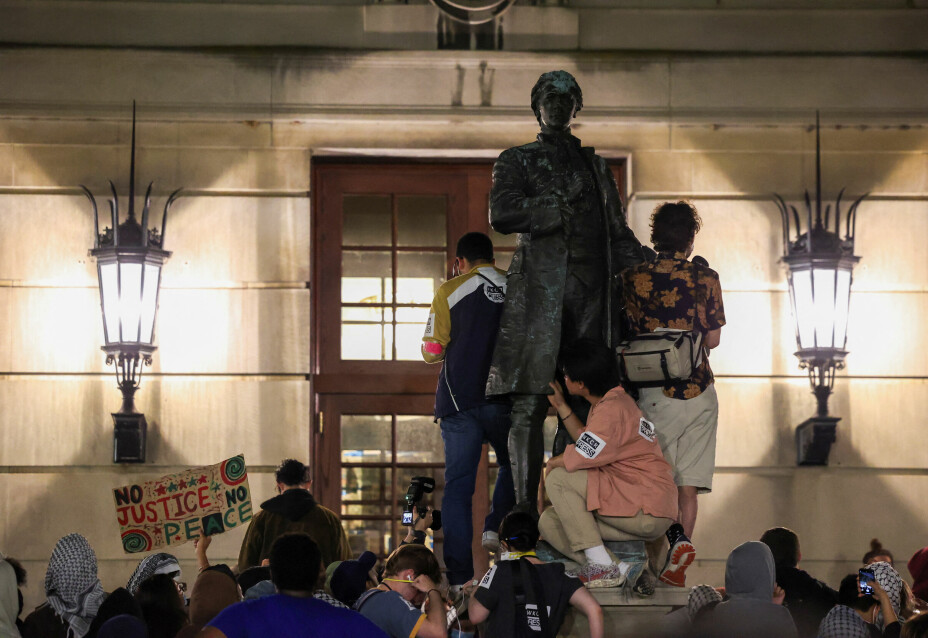Ytring
Research during the pandemic and a post-pandemic world
Pro-rector Tor Grande explains why supporting young researchers through and after the pandemic is important. As well as why NTNU has revised their guidelines for extending employment.
The psychosocial work conditions for students and young researchers have been of concern for some time, Tor Grande writes.
Foto: Thor Nielsen/NTNU
Denne ytringen er også tilgjengelig på norsk.
The pandemic has been underway for more than 1.5 years and caused serious consequences for research in general, and particularly for NTNU’s PhD candidates and postdocs. The pandemic is not over, and unfortunately it will continue to affect research activities and international collaboration in the coming months and years. NTNU has therefore recently revised our guidelines for extending employment periods due to the pandemic for both PhD and postdoctoral candidates.
Research at NTNU was severely influenced by the lockdown during the early days of the pandemic, which was particularly challenging for PhD candidates. We established guidelines for extending employment in May 2020 to address delays caused by the pandemic. Since then, more than 366 PhD candidates and 36 post docs at NTNU have been granted an extension of their employment contract. The situation has changed since the early days of the pandemic, and our young scientists have had access to offices and laboratories for most of the time since the lockdown. However, the pandemic is not over, and we will continue to experience its effects in the coming months and years. In response, we released revised guidelines in August 2021 for extending employment contracts, with separate guidelines for PhD candidates and postdocs.
Although the pandemic has been challenging, NTNU’s annual progress report on PhD candidates shows that progress for PhD candidates in December 2020 was comparable to that from December 2019. This does not tell the whole story, and we have individuals who have been severely delayed and are far behind their original schedule, which calls for action. It is also important to use midway evaluations for PhD candidates, career plans for postdocs and annual appraisal interviews to monitor progress and assess possible pandemic-related delays.
The psychosocial work conditions for students and young researchers have been of concern for some time. The lockdown, the extended use of home offices and lack of social contact during the pandemic makes action on this issue even more urgent. Focusing on the work environment is therefore of highest importance in the time ahead. We have all a responsibility to contribute to a better work environment and to take care of each other.
The development of the Covid-19 vaccine has demonstrated the importance of open science and international collaboration. International collaboration is a key aspect of science, particularly for early-career scientists like PhD candidates and postdocs. However, it has been impossible to collaborate like we used to, because travel across borders is so difficult and laboratories around the world have been closed or have not been accessible to external visitors for long periods. Most international conferences, which have been instrumental for science and international collaboration, have been cancelled, postponed, or reimagined as virtual conferences. With the climate crisis in mind, it also highly unlikely that we will return to the situation before the pandemic, and the current combination of virtual, hybrid and physical conferences will most likely continue into the future. This will affect how we share our science and how we do our science. History has taught us that a crisis can make for new opportunities. New and alternative ways of establishing contact and collaborating through digital platforms have rapidly emerged. For example, digital or hybrid PhD thesis defences have provided new opportunities to include people from around the globe among the audience.
The current generation of young scientists needs to carry on their career in the post-pandemic world with the uncertainties of the future and the expectations from the past. We need to acknowledge the challenges young researchers face every day and to share best practices and new alternative ways of doing science and fostering international collaboration.
Følg UA på Facebook, Twitter og Instagram.
Les flere ytringer her.
































































